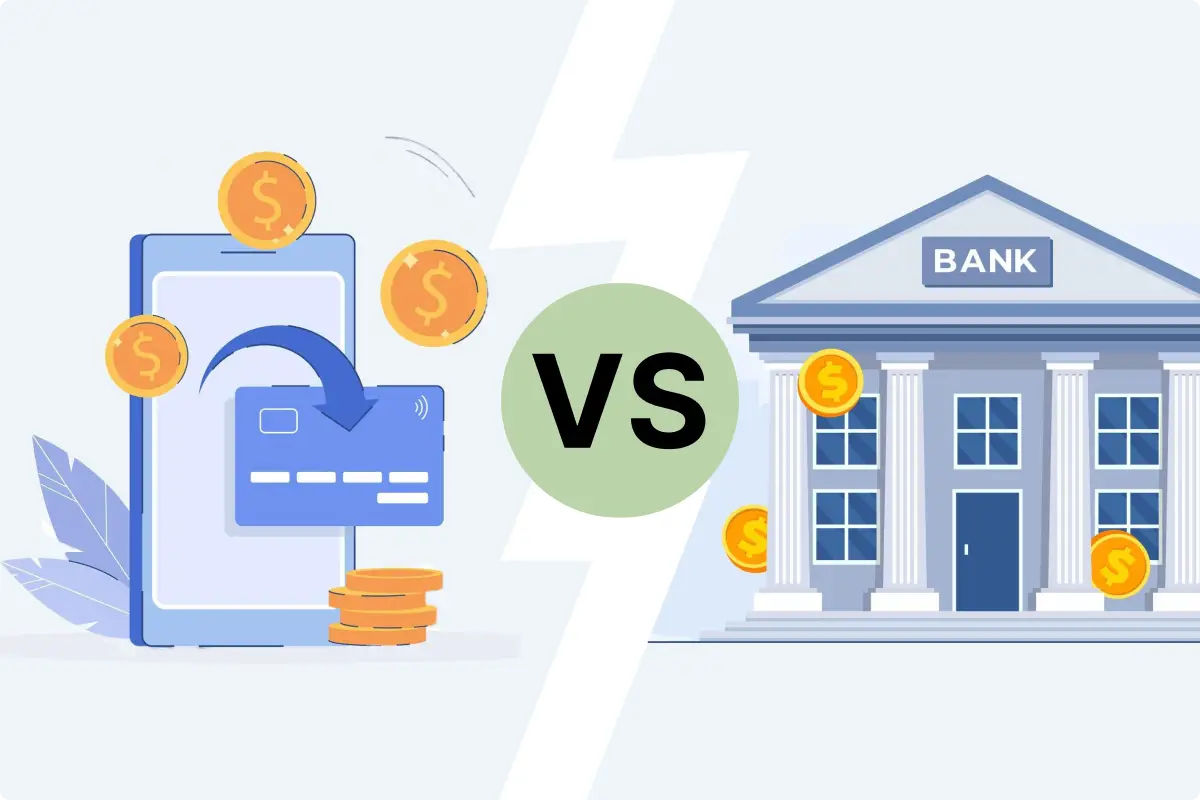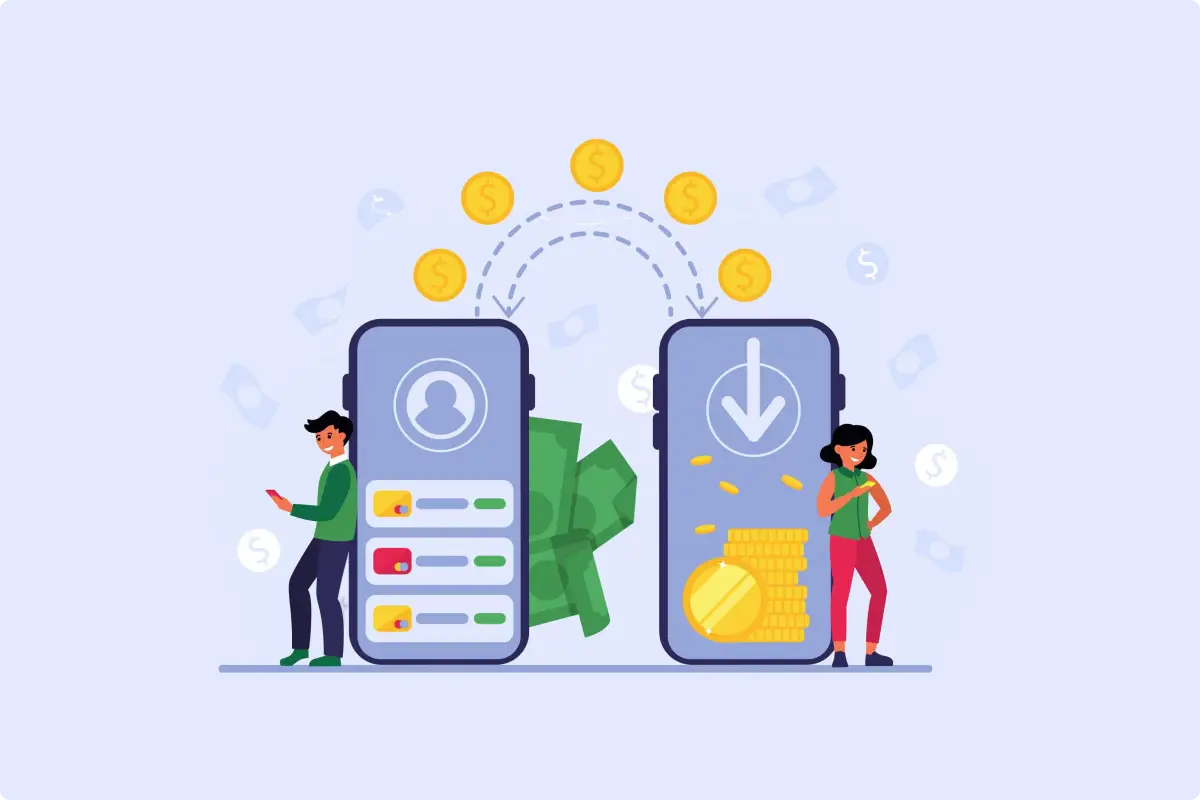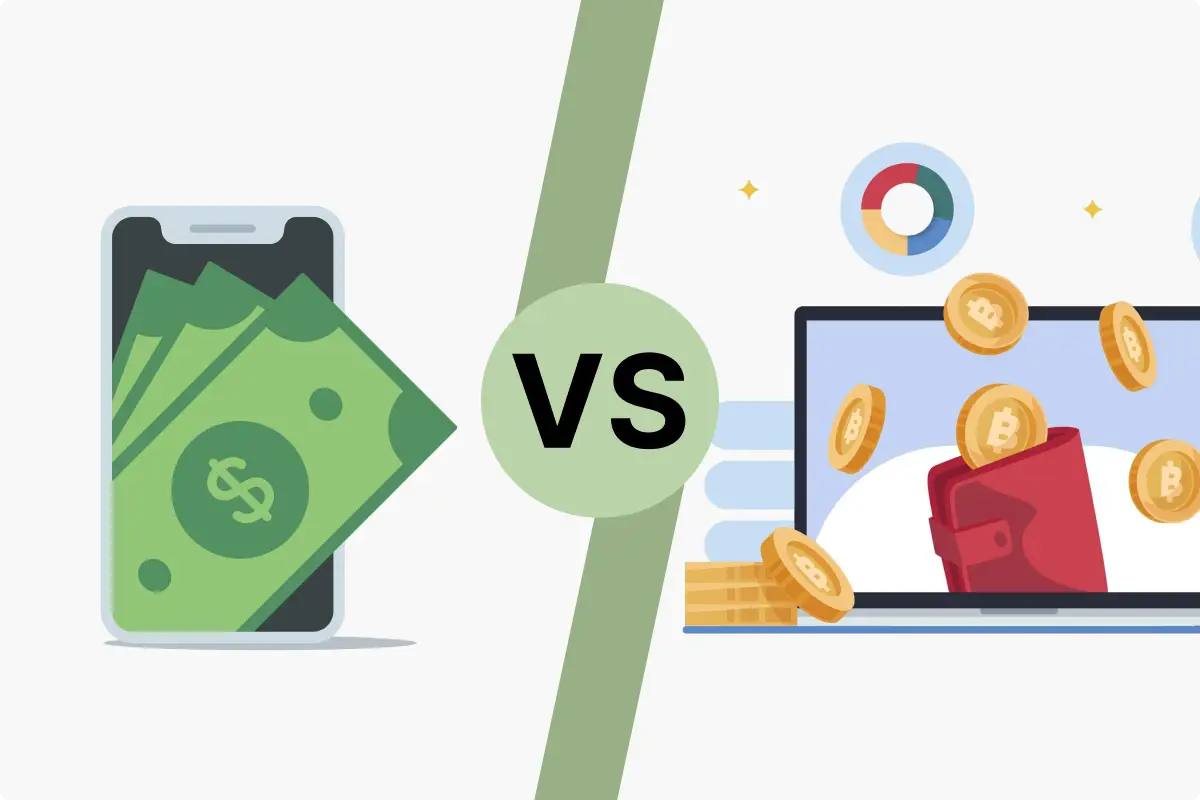Mobile Money vs. Traditional Banking: Pros and Cons

In today’s fast-paced world, managing finances has become more accessible and diverse than ever before. Two prominent options available are mobile money and traditional banking. Both have their unique advantages and challenges, catering to different segments of the population. In this blog, we will explore the pros and cons of mobile money and traditional banking to help you determine which suits your needs best.
What is Mobile Money?
Mobile money refers to a digital service that allows users to store, send, and receive money using their mobile phones. It operates without the need for a traditional bank account, making it a popular choice for those in rural or underserved areas.
What is Traditional Banking?
Traditional banking involves financial services provided by established banks, including checking and savings accounts, loans, and credit facilities. These services are typically accessed through physical branches or online banking platforms.
Pros and Cons of Mobile Money
Pros of Mobile Money
- Accessibility Mobile money is available to anyone with a mobile phone, even without an internet connection. It bridges the financial gap for unbanked populations in remote areas.
- Convenience Transactions can be done anytime and anywhere, eliminating the need for physical visits to a bank.
- Lower Transaction Costs Mobile money services often have lower fees for sending and receiving money compared to traditional banks.
- Quick Transfers Transfers are processed instantly, making it ideal for urgent transactions.
- Economic Inclusion Mobile money empowers small businesses and individuals by providing a secure and straightforward way to manage finances.
Cons of Mobile Money
- Limited Services While mobile money is great for basic transactions, it lacks the comprehensive financial products offered by traditional banks, such as loans or investment options.
- Dependence on Network Coverage Poor mobile network coverage can hinder access to mobile money services.
- Security Concerns Mobile money platforms are vulnerable to fraud and phishing scams, posing risks for users.
- Regulatory Challenges In some countries, mobile money services face regulatory hurdles, affecting their reliability and scalability.
Pros and Cons of Traditional Banking
Pros of Traditional Banking
- Comprehensive Services Traditional banks offer a wide range of financial products, including savings accounts, loans, credit cards, and investment opportunities.
- Higher Security Banks are heavily regulated and insured, ensuring higher protection for your funds.
- Physical Branch Access Customers can visit branches for personalized support and assistance with complex transactions.
- Credit Facilities Banks provide credit options such as personal loans, mortgages, and credit lines, which mobile money platforms generally lack.
- Established Reputation Many banks have a long history and a trusted reputation, making them reliable for large-scale financial management.
Cons of Traditional Banking
- Limited Accessibility Traditional banking requires physical branches or internet access, making it less accessible in rural or underdeveloped areas.
- Higher Fees Banks often charge higher fees for account maintenance, wire transfers, and other services.
- Time-Consuming Processes Opening an account or accessing certain services can involve lengthy paperwork and procedures.
- Less Flexibility Traditional banks may not cater to the immediate financial needs of users, as some processes take time to complete.
- Branch Dependency For many services, customers are required to visit a branch, which can be inconvenient.
Choosing the Right Option for You
The choice between mobile money and traditional banking largely depends on your financial needs and lifestyle. Here are some considerations:
- Use Mobile Money If:
- You need quick and basic financial transactions.
- You live in a rural area with limited access to banks.
- You prioritize convenience and low transaction costs.
- Use Traditional Banking If:
- You require a full range of financial services, such as loans or investments.
- You handle large sums of money and need added security.
- You prefer in-person assistance for complex financial decisions.
Conclusion
Both mobile money and traditional banking play significant roles in shaping the modern financial landscape. Mobile money is revolutionizing accessibility and inclusivity, while traditional banks continue to provide comprehensive services and reliability. Understanding the pros and cons of each will help you make informed decisions that align with your financial goals and lifestyle.
Whether you’re a tech-savvy entrepreneur or someone who values a personal touch, there’s a financial solution tailored just for you. Embrace the one that best supports your aspirations!

Download User App & Agent App
All the power of niche in your pocket. Schedule, publish and monitor your accounts with ease.
Popular articles!
See More






